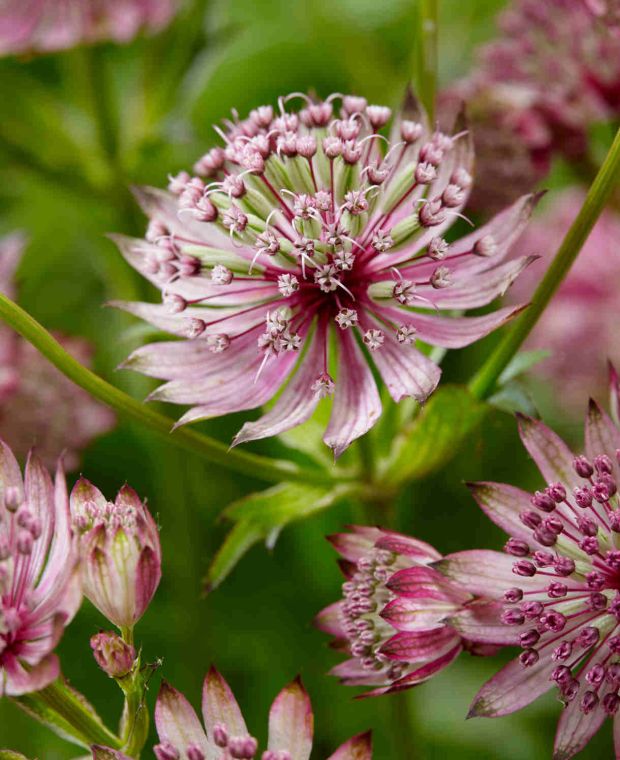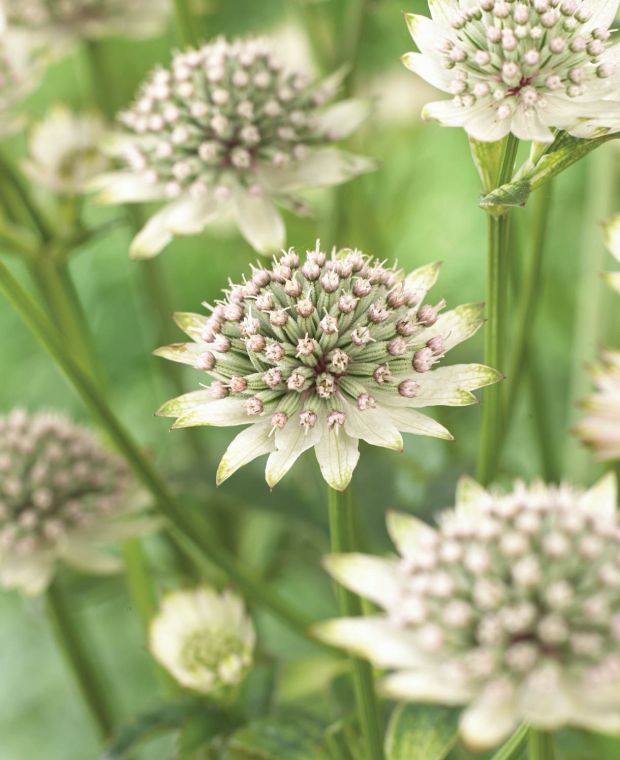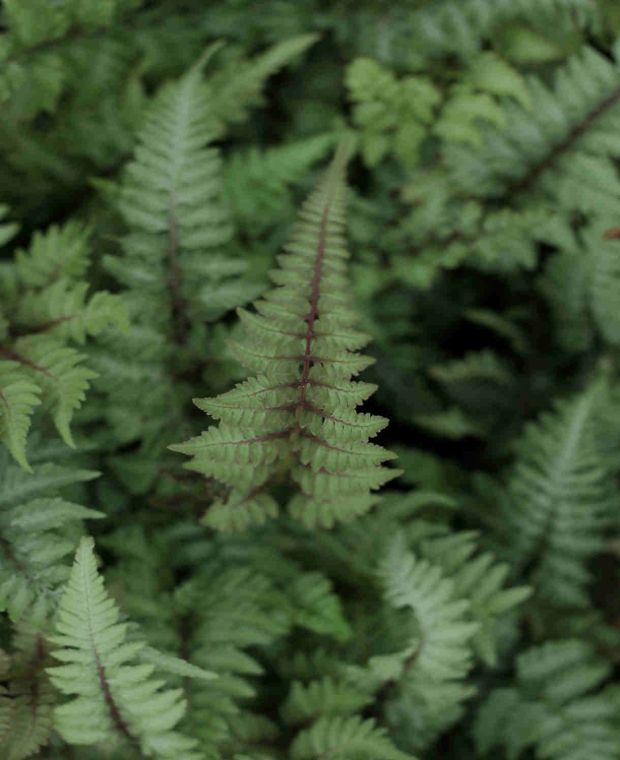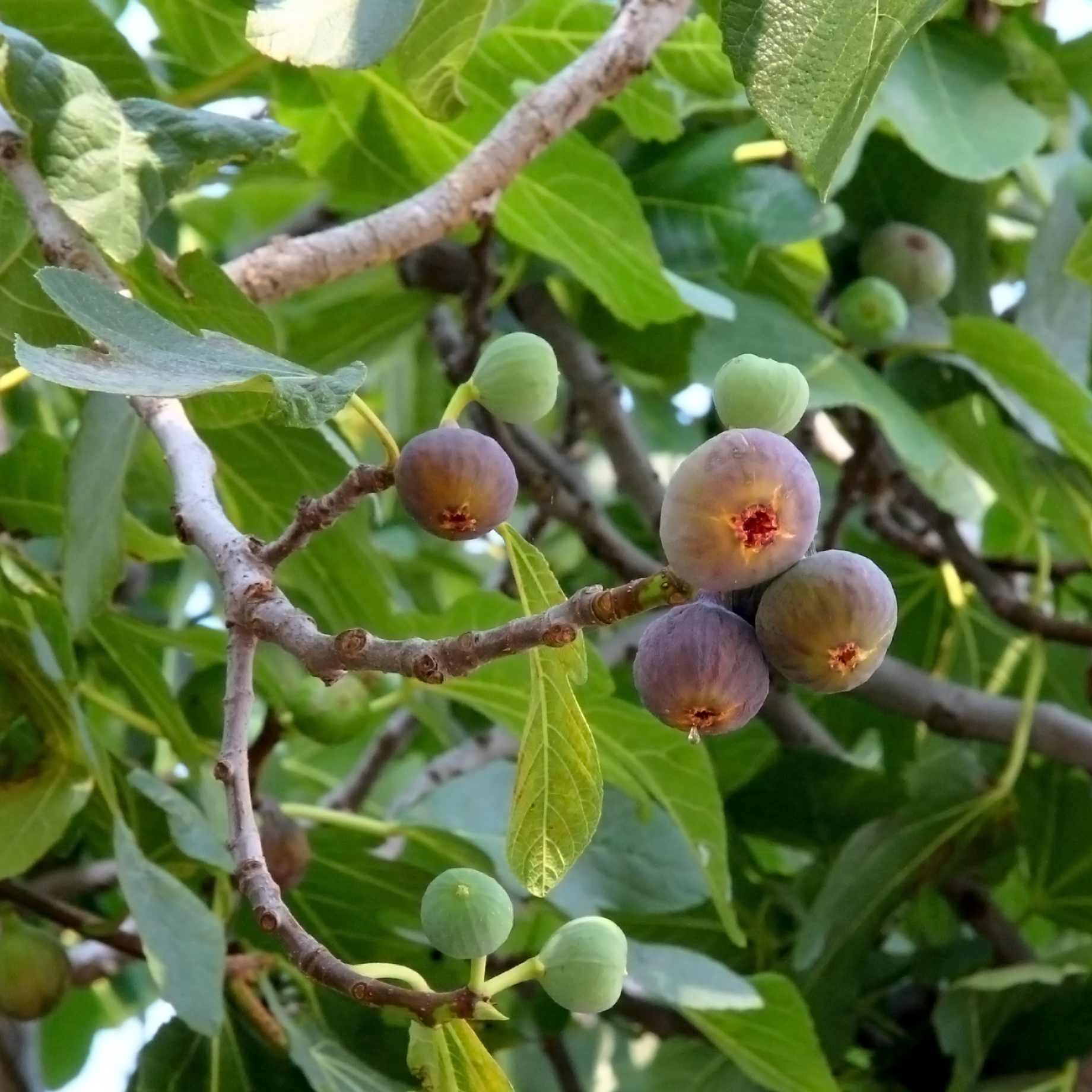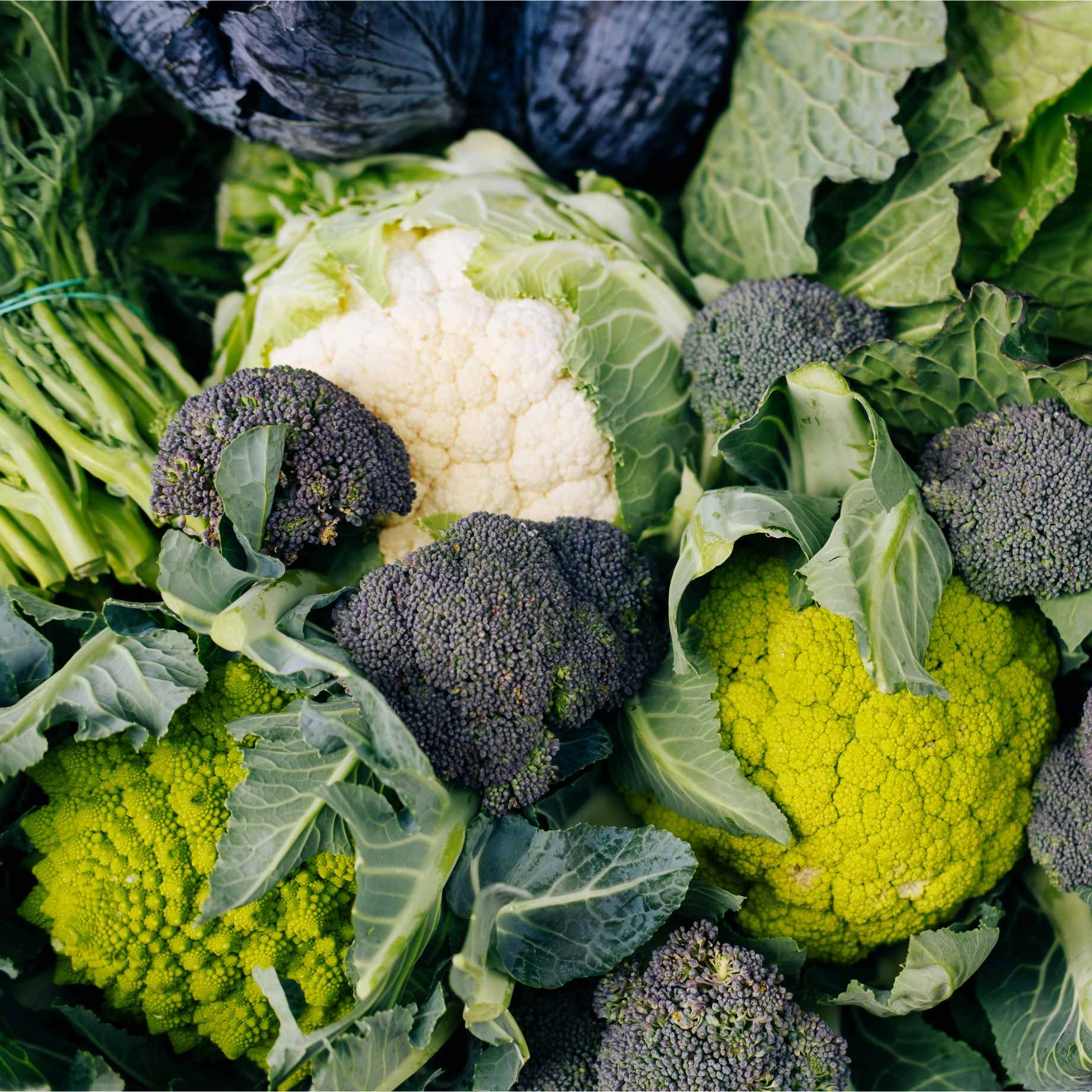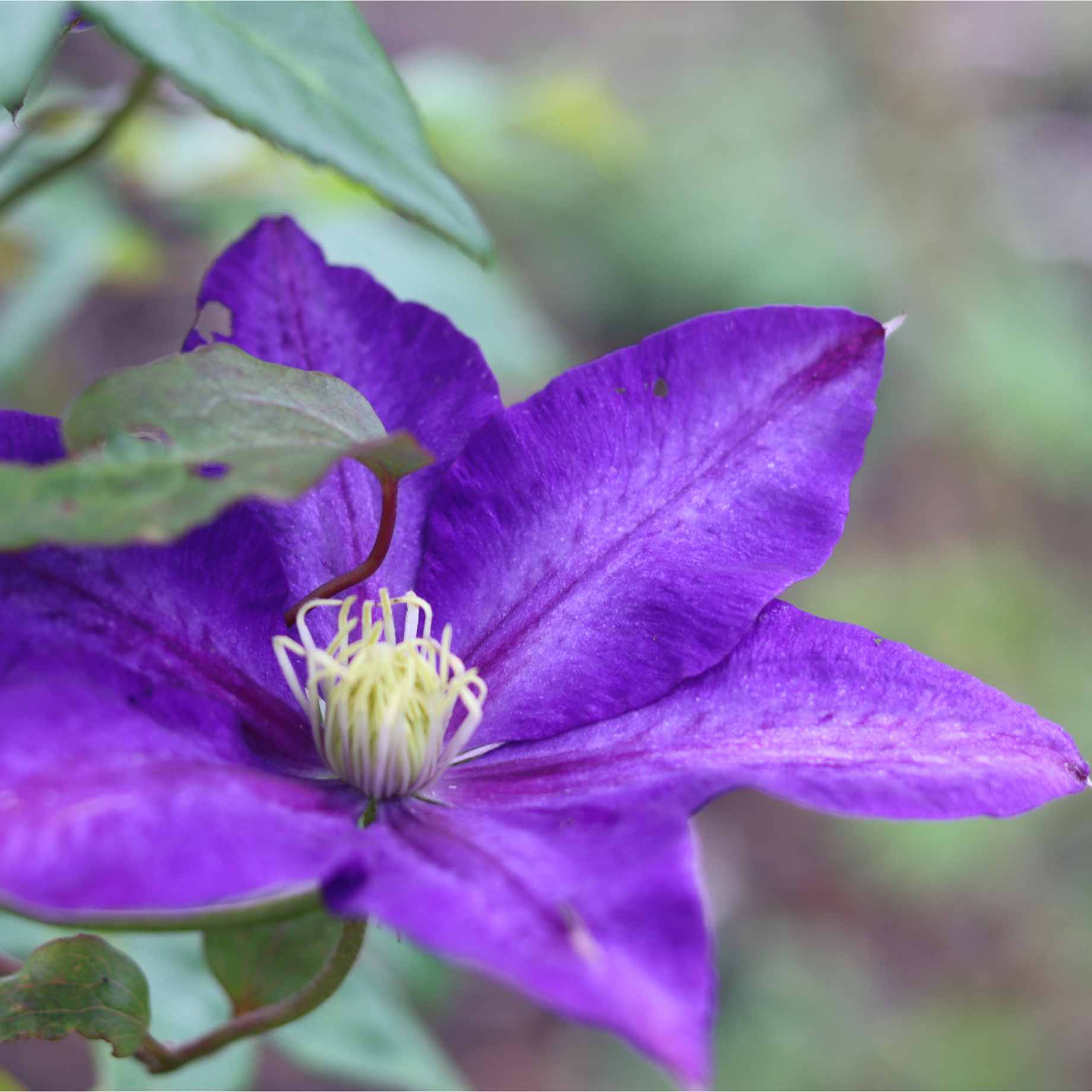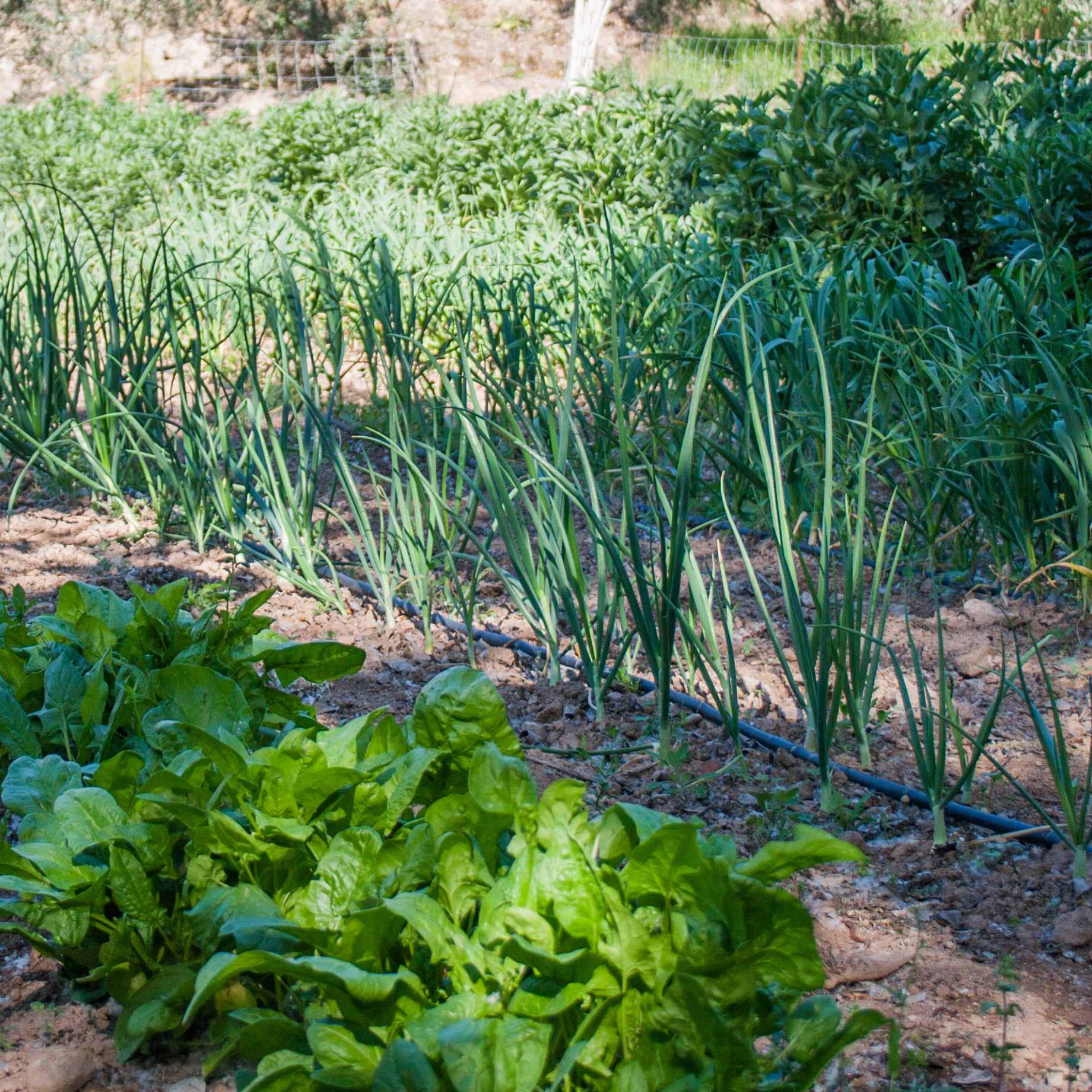Tell Me More…
There is a painting dating from Elizabethan times, which depicts a lady in an expansive country garden…and behind her you see some lovely Astrantias. Though these Astrantias are pretty, they are not quite as striking as the modern Astrantia major ‘Sparkling Stars Pink’. From Elizabethan England to the present-day, Astrantias have been a mainstay of the garden. However, time has not stood still because Astrantia ‘Sparkling Stars’ is setting a new standard. This particular variety brings you a swathe of pink sparkling stars atop strong, wiry stems. Each flower will bob and dance in the summer breeze, luring in butterflies and other popular pollinators which flutter and buzz across your garden. Astrantia major ‘Sparkling Stars Pink’ is and easy-going plant which brings splashes of candy-pink colour to even a shaded spot. Astrantias have an enduring appeal because they are so cheerful and easy to grow. A no-fuss, forgiving plant, which will very much enjoy looking like a picture in your garden. Fully hardy herbaceous perennials able to withstand temperatures as low as -20°C, this giving you joy for many years to come.
Flower and Foliage Months
Jan
Feb
Mar
Apr
May
Jun
Jul
Aug
Sep
Oct
Nov
Dec
Foliage Month
Flowering Month
Key Information
| Included In this Collection | Astrantia Sparkling Stars Pink 9cm pot | Astrantia Sparkling Stars Red 9cm pot | Astrantia Sparkling Stars White 9cm pot |
|---|---|---|---|
| Latin Name | Astrantia major ‘Sparkling Stars Pink’ | ||
| Common Name | Hattie’s Pincushion, Masterwort | ||
| Hardiness | H7 (-20°C and below) | ||
| Colour | Red | ||
| Type | Perennial | ||
| Format | 9cm Pots | ||
| Position | Full-Sun, Part-Shade, Part-Sun | ||
| Foliage | Deciduous | ||
| Height in Maturity (m) | 0.70 | ||
| Spread in Maturity (m) | 0.50 | ||
| Soil Conditions | Chalk Clay Loam Sand | ||
| Soil Acidity | Acid Alkaline Neutral | ||
| Aspect | East-facing, North-facing, South-facing, West-facing | ||
| Good for pots | Yes | ||
| Good for wildlife | Yes | ||
| Good for pollinators | Yes | ||
| Good for cutting | Yes | ||
| Good for groundcover | Yes |


